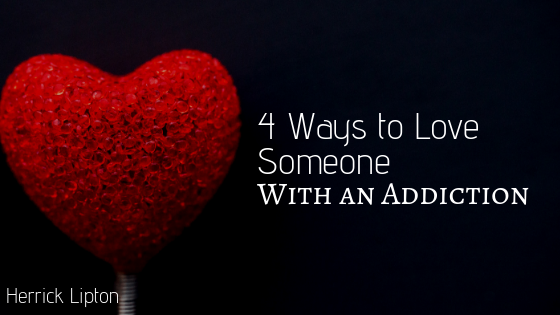Watching a loved one succumb to an addiction is frightening and frustrating, whether the disease comes on quickly or happens gradually. It’s hard to know how to help when a friend or family member is struggling with a compulsion to drink or use drugs. While it’s impossible to force someone to recover, it is possible for the friends and family members of addicts to provide much-needed support and compassion within appropriate boundaries. Here are four ways to cope with a loved one’s addiction and encourage them to seek recovery.
Avoid Enabling The Person
It might be difficult, but the best way to help a loved one dealing with an addiction is to avoid enabling them or encouraging them to continue their behavior. For instance, it’s important not to purchase drugs or alcohol for them or cover for them when they are hungover. Setting healthy boundaries is essential when interacting with a loved one who has an addiction.
Learn About Addiction and the Recovery Process
Addiction is a relatively common disease. Almost half of Americans know someone personally who has been affected by addiction. But despite its prevalence, many people don’t know much about addiction, and misconceptions abound. Being able to tell fact from fiction is one of the best ways to support a loved one with an addiction. Search for reputable sources, such as sites ending in .org and .gov, to find resources and information on addiction and recovery.
Avoid Isolating The Addicted Person
Addiction is a lonely disease, and isolation only makes it worse. Social support, on the other hand, tends to reduce the urge to drink, use drugs, or engage in other compulsive behaviors. Family members and friends of addicts can help by saying to their loved one, “I’m here for you.” (Maintaining appropriate boundaries is important, of course.) An addict is more likely to want to recover and to be successful in their recovery if their loved ones did not shun them while they were ill.
Avoid Trying to Control the Person
One person’s addiction is not anyone else’s fault. Don’t spend time or emotional energy trying to “fix” a person with an addiction, and try not to get angry or feel guilty if they do not choose to recover right away.
